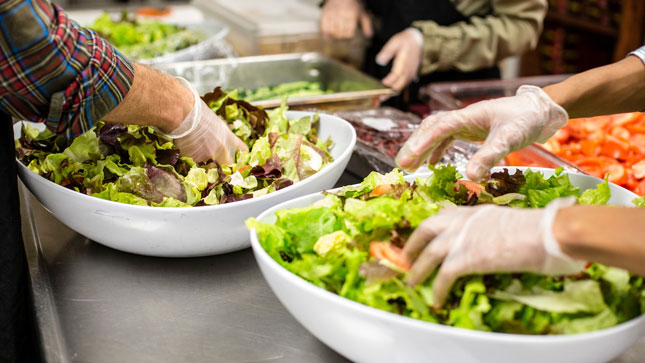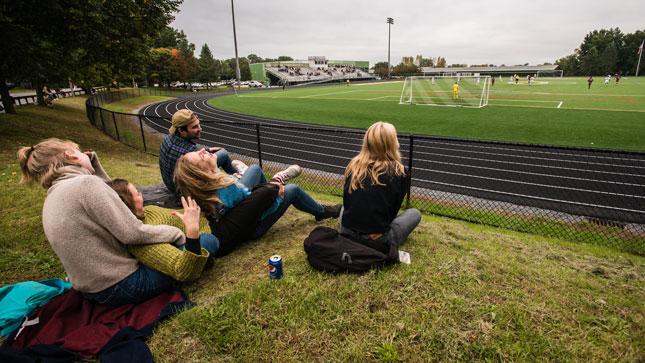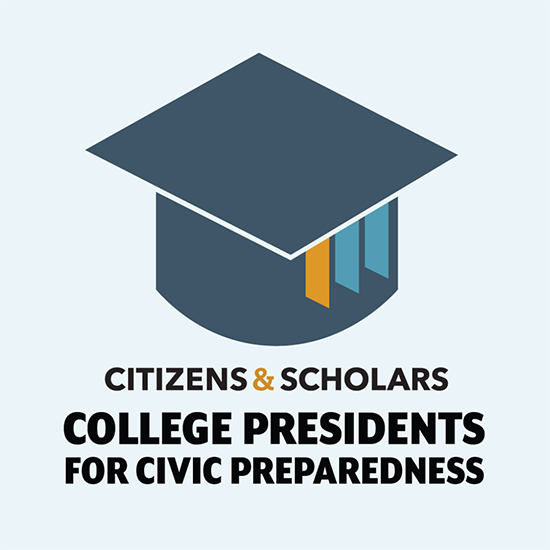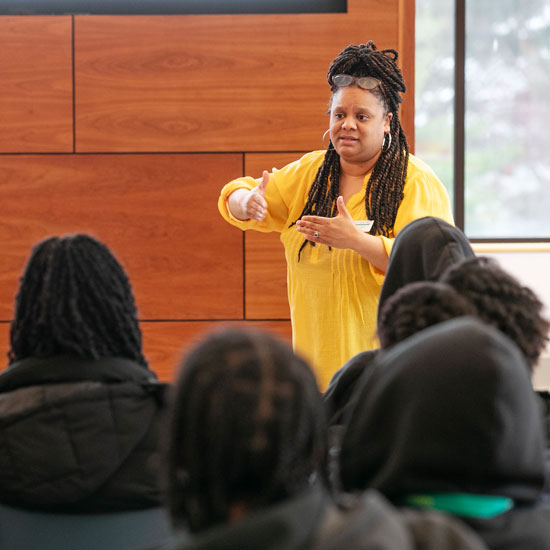Tips for a happy, healthy New Year from Skidmore experts

Are you setting self-improvement goals as part of a New Year's resolution? Skidmore College's faculty and staff experts have a few pieces of advice to help you succeed.

Be realistic
Ellen O’Malley
Visiting assistant professor of psychology
“Don’t try to do too much. You may be optimistic at the beginning of a new year, but willpower is like a muscle that can be exhausted, which can lead to self-control failure.
It's important to plan for how to achieve your goals. Anticipate each small challenge and prepare for them.
"For example, you may want to preempt good behavior by simply removing temptations (like removing unhealthy snacks from the house). Consider mapping out potential roadblocks and have backup plans for each situation.
"While maintaining abstract, big picture goals is important, also consider small immediate rewards for good behavior. A mix will support you for the long run.”

Take small steps with a friend
Sheldon Solomon
Professor of psychology
"You don’t have to be Jesus or Gandhi to be a better person, run a marathon to be fitter, or stop the polar ice caps from melting to help the environment.
Your resolutions will be more attainable if you break them down into concrete terms with discernable progress points.
"For example, you could resolve to 'be a better person' or 'get fitter' or 'offset global warming.' But, to borrow a term from Abe Lincoln, these are 'pernicious abstractions.'
Instead, try saying, 'I spent a few hours a week at the soup kitchen this month, perhaps I could do a few more next month.' Then, grab a friend — doing things with others ('accountability partners' in new-age jargon) can keep you on track."

Eat well and exercise smarter
Justin Faller
Visiting assistant professor of health and human physiological sciences
“Find a sustainable nutrition plan to stick to that isn't about restricting what you can eat, but rather understanding portion control and moderation. Extreme restriction often leads to binging and weight regain.
"If weight loss is a goal, it's best achieved through a combination of diet and exercise. Research has shown that optimal weight loss (and the maintenance of the weight loss) occurs when exercise and proper dieting are done together.
"It is also crucial that your workout plan contains both cardiovascular and resistance exercises.
"Resistance training often gets neglected, despite showing that it can tremendously aid weight loss. If you are new to resistance training, start with the machines until you can comfortably perform the movements. Then branch out into other modes of resistance (i.e., dumbbells, kettlebells, barbells, body weight, bands).”

Make sleep a priority
Jennifer McDonald
Director of health promotion
"Sacrificing sleep in order to study or work is counterproductive. Not only is it exhausting, but it’s also bad for learning. Your body needs adequate sleep in order to consolidate and recall memories.
“Doing things like establishing a consistent bedtime, avoiding caffeine (especially within seven hours of bedtime), avoiding screens (computers, phones, etc.) for at least one hour prior to bedtime, and getting regular exercise will all help to improve sleep.
"Wellness coaches can also help individuals find their own intrinsic motivation and develop skills and tools necessary to meet goals like more sleep, stress management, self-care, exercise and nutrition. (Skidmore offers this service to its students.)"

Practice gratitude
Mark Rye
Professor of psychology and department chair
“Research has shown that practicing gratitude can have positive effects on overall well-being.
"Spend some time each day writing about what you are grateful for in a gratitude journal. Or select someone in your life who you are grateful for and write a gratitude letter to this person — handwritten or typed, whichever you prefer. Make sure to read the letter to the person the next time you are together (or via Skype/FaceTime).”


